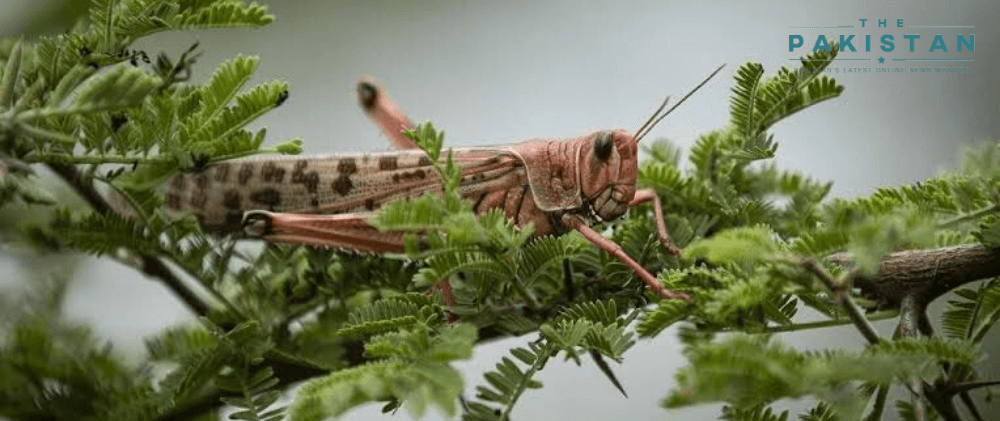
Pakistan to get $350m from ADB, World Bank for anti-locust operation
The World Bank on Monday said it will provide $200 million to Pakistan under the Locust Emergency and Food Security Project (LEAFS) to help authorities fight locusts, improve food security, and protect at-risk livelihoods.
The World Bank funding will be supplemented by another $150m from the Asian Development Bank.
Locust swarms over the last six months have engulfed the North African, Middle East and South Asian region putting the livelihoods of millions of farmers and the entire region’s food security at risk.
In Pakistan, the World Bank and ADB funds will boost anti-locust operations in 18 districts of the country with nine in Balochistan, four in Punjab, four in Sindh, and one in Khyber Pakhtunkhwa province, says the press release issued by the government.
The LEAFS project will tackle the crisis in four ways: surveillance and control, protecting and rehabilitating livelihoods, developing warning methods and project management through monitoring and evaluation.
The Ministry of National Food Security and Research will oversee the project with primary focus on preventing attacks on crops and providing compensation to affected farmers and labourers. The project will be implemented by the ministry in cooperation with the provincial governments, the UN Food and Agriculture Organisation, National Locust Control Centre, Department of Plant Protection and National Disaster Management Authority.
The current locust outbreak is one of the worst in nearly three decades. Although locusts are the oldest migratory pests in the world, the outbreak has been worsened by climate change.
Moreover, the situation is expected to worsen in the coming weeks as the invertebrates are known to multiply rapidly in the monsoon season. “When rains return—producing moist soil and abundant green plants—those environmental conditions create a perfect storm: Locusts begin to produce rapidly and become even more crowded together,” says the National Geographic explainer on these pests.
The Food and Agriculture Organization (FAO) of the United Nations said the interventions led by Pakistan and Iran have brought down locust infestations in the recent weeks. The Pakistan government had earlier agreed to buy locusts from farmers which could be used as feed for broiler chicken.
But the increasing infestations along the Indo-Pak border continues to pose a major risk.
“Spring-bred adult groups and swarms continue to appear along the Indo-Pakistan border, many of which have continued further east into several states of northern India because the monsoon rains have not yet arrived in Rajasthan, India. These infestations are expected to return to Rajasthan with the onset of the rains to rapidly mature and lay eggs. Control operations continue in both countries,” said the FAO.
The ADB and World Bank funding will help the government contain locusts and protect millions of livelihoods affected by the infestations in the most vulnerable districts.



